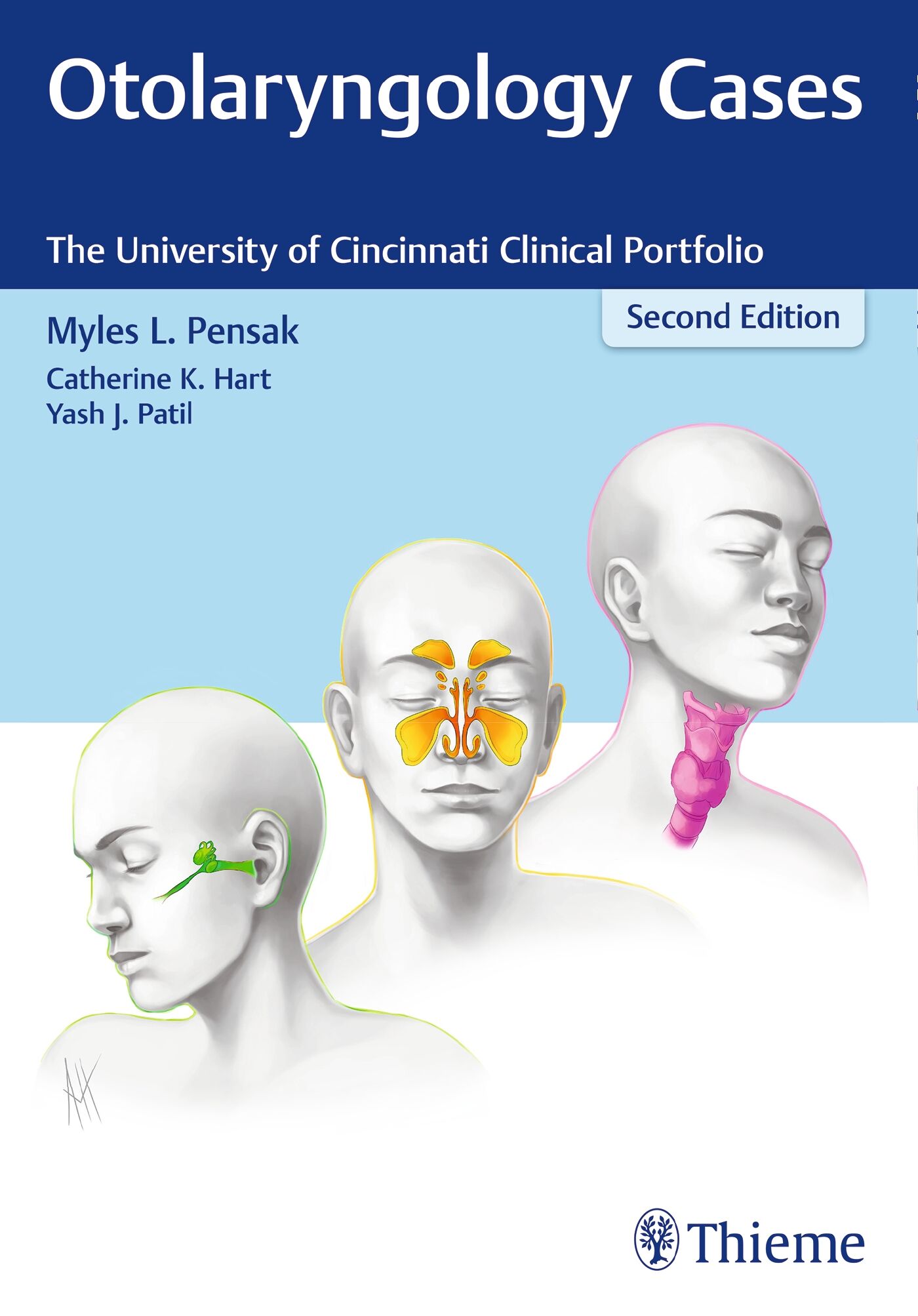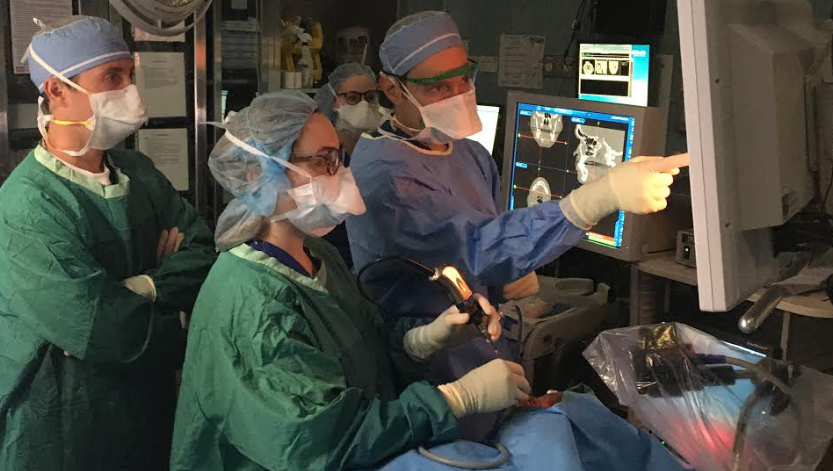Top Motivations to Consult an ENT for Chronic Sinus and Throat Problems
Exploring the Field of Otolaryngology: What to Expect When You Consult an ENT
Otolaryngology, commonly referred to as ENT, includes the medical diagnosis and therapy of nose, ear, and throat conditions. For those experiencing relevant concerns, speaking with an ENT professional can provide clearness and alleviation. Recognizing what to anticipate throughout such assessments is essential for efficient interaction and care. This introduction will certainly outline crucial facets of the ENT experience, consisting of usual reasons for visits and the procedures associated with diagnosis and therapy.

Recognizing Otolaryngology: An Introduction
Otolaryngology, frequently referred to as ENT (Ear, Nose, and Throat) medicine, is a specific branch of medication that focuses on the diagnosis and therapy of problems affecting these important areas of the body. This field includes a variety of disorders, including those associated to hearing, balance, breathing function, and speech. Otolaryngologists are educated to take care of both surgical and clinical treatments, using innovative strategies and technologies. Their expertise expands beyond conventional conditions, resolving concerns such as allergic reactions, sinus infections, and hearing loss. Furthermore, they play a crucial role in the monitoring of head and neck cancers, providing thorough care customized to private patient demands. In general, otolaryngology continues to be essential for maintaining health and top quality of life in damaged individuals.
Common Reasons to See an ENT Professional
Lots of people seek the know-how of an ENT expert for a range of factors, showing the varied nature of problems that impact the nose, throat, and ear. Usual problems include persistent sinus problems, which typically brings about consistent nasal congestion and facial discomfort. Allergic reactions and their connected signs, such as itching and sneezing, also prompt brows through to these specialists (Otolaryngology). Hearing loss, whether unexpected or steady, is another considerable reason for consultation. Additionally, individuals might look for analysis for throat problems, including consistent hoarseness or swallowing difficulties. Sleep apnea, identified by cut off breathing during rest, is frequently dealt with by ENT experts. Each of these conditions highlights the importance of specialized treatment in handling complex ENT-related health concerns
Planning for Your ENT Visit
When planning for an ENT visit, it is vital to collect appropriate information and consider any kind of specific issues. Clients should assemble a detailed clinical history, consisting of previous ear, nose, or throat issues, surgical treatments, and current medications. Documenting signs and symptoms-- such as regularity, extent, and duration-- can supply useful understandings for the ENT professional. Furthermore, individuals should prepare a checklist of inquiries they want to ask, ensuring that all worries are dealt with throughout the go to. Bringing along any pertinent clinical records or examination results can even more aid the ENT in understanding the person's problem. Clients need to confirm their visit details, including date, location, and time, to reduce any kind of last-minute complication. Proper prep work can enhance the performance of the assessment and cause far better results.
What to Expect During the Examination
As the examination starts, the client can expect to participate in a comprehensive conversation with the ENT professional concerning their signs and symptoms and case history. The expert will certainly ask about the period, regularity, and severity of signs such as hearing loss, nasal congestion, or aching throat. In addition, the person's previous medical conditions, medicines, and any type of relevant family background will be assessed, helping the specialist in forming a full understanding of the patient's health. The ENT might also ask regarding way of living factors, such as exposure to allergens or irritants. This open dialogue develops a foundation for the examination, making certain that the individual's worries are resolved and establishing the phase for any kind of necessary analyses or suggestions for therapy.
Diagnostic Tests and Treatments in Otolaryngology
A variety of diagnostic tests and treatments are crucial in otolaryngology to precisely evaluate and detect conditions affecting the nose, ear, and throat. Usual tests include audiometry, which measures hearing function, and tympanometry, evaluating center ear pressure. Nasal endoscopy allows visualization of the nasal passages and sinuses, while laryngoscopy takes a look at the throat and singing cords. Imaging techniques, such as CT scans and MRIs, supply detailed views of head and neck structures. Allergic reaction testing might also be conducted to determine triggers for sinus or respiratory system issues. These diagnostic devices allow ENT professionals to develop a thorough understanding of patients' problems, making certain customized and effective management plans. Proper medical diagnosis is crucial for successful treatment outcomes in otolaryngology.
Treatment Options Offered by ENT Specialists
ENT experts provide a range of therapy alternatives tailored to deal with particular problems influencing the ear, throat, and nose. These treatments vary from conservative methods, such as medication and lifestyle modifications, to more invasive procedures. Allergies may be managed with antihistamines or immunotherapy, while chronic sinus problems may need nasal corticocopyrights or sinus surgery. For hearing loss, ENT specialists often recommend listening device or medical interventions like cochlear implants. In cases of throat problems, choices can consist of speech treatment or operations to get rid of blockages. Furthermore, they might provide advice for handling rest apnea, consisting of the usage of CPAP tools or medical treatments. Generally, the goal is to enhance people' lifestyle with best over the counter hearing aids customized treatment and efficient treatment methods.
When to Look For Follow-Up Treatment With an ENT
When to look for follow-up care with an ENT professional is crucial for managing continuous symptoms or difficulties related to ear, nose, and throat conditions, recognizing. Patients must take into consideration arranging a follow-up visit if symptoms continue in spite of first therapy, such as persistent ear pain, nasal congestion, or throat pain. Changes in hearing, equilibrium problems, or uncommon nasal discharge may likewise warrant further examination. In addition, if an individual experiences adverse effects from recommended medications or has actually undergone a procedure, follow-up care is necessary to check recuperation and deal with any kind of problems. Prompt appointments can guarantee efficient management of conditions, protect against possible difficulties, and offer comfort regarding one's health and wellness. Seeking follow-up treatment advertises proactive health monitoring in otolaryngology.
Regularly Asked Concerns

What Certifications Should I Seek in an ENT Professional?
When seeking an ENT specialist, one ought to look for board certification, pertinent experience, and solid patient evaluations. In addition, efficient communication abilities and a caring technique can substantially enhance the overall treatment experience.
Just how Do I Pick the Right ENT for My Requirements?
Choosing the best ENT expert includes assessing their qualifications, experience, and patient reviews (Otorrinolaringologia). It is vital to contemplate their communication design and technique to treatment, guaranteeing they line up with the individual's details wellness demands and choices
Exist Any Type Of Dangers Connected With ENT Procedures?
The risks related to ENT procedures may consist of infection, blood loss, anesthesia issues, and prospective damages to bordering frameworks. Patients must discuss these threats with their medical professional to comprehend individual concerns and warranty notified decisions.
How Can I Manage Anxiousness Prior To My ENT Visit?
To take care of anxiousness before an appointment, individuals can practice deep breathing workouts, visualize positive end results, prepare inquiries in development, and look for assistance from good friends or household, cultivating this post a sense of reassurance and peace.
What Should I Do if I Experience Negative Effects From Treatment?
If negative effects from therapy happen, the individual ought to quickly report them to their healthcare provider. Modifications to treatment or additional treatments might be necessary to guarantee safety and security and effectiveness in handling their problem - ENT Doctor. As the examination starts, the client can anticipate to involve in an extensive conversation with the ENT expert concerning their signs and symptoms and clinical history. These analysis devices make it possible for ENT experts to develop a thorough understanding of individuals' conditions, making in the canal hearing aids certain tailored and efficient management strategies. ENT experts provide a selection of therapy alternatives customized to address particular problems affecting the throat, ear, and nose. When looking for an ENT specialist, one need to look for board qualification, appropriate experience, and strong client reviews. Selecting the ideal ENT specialist entails reviewing their qualifications, experience, and individual testimonials